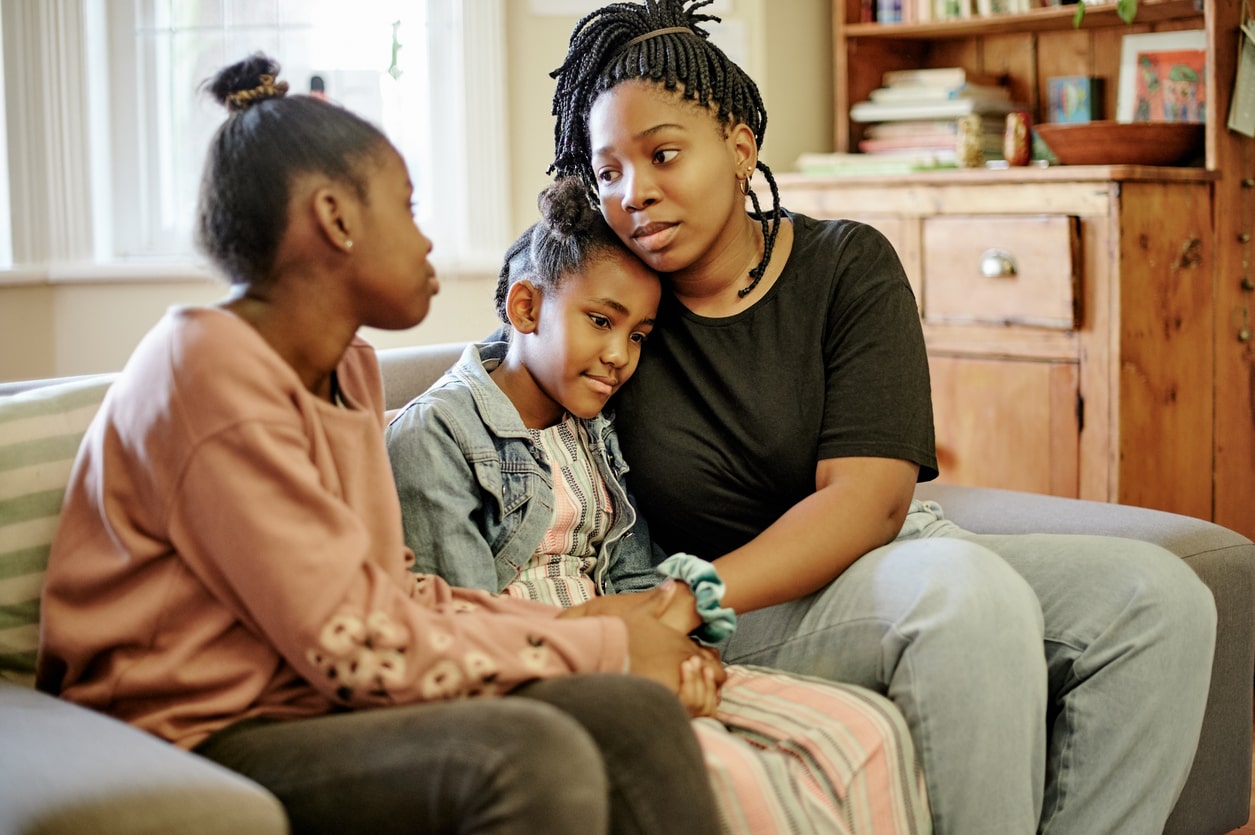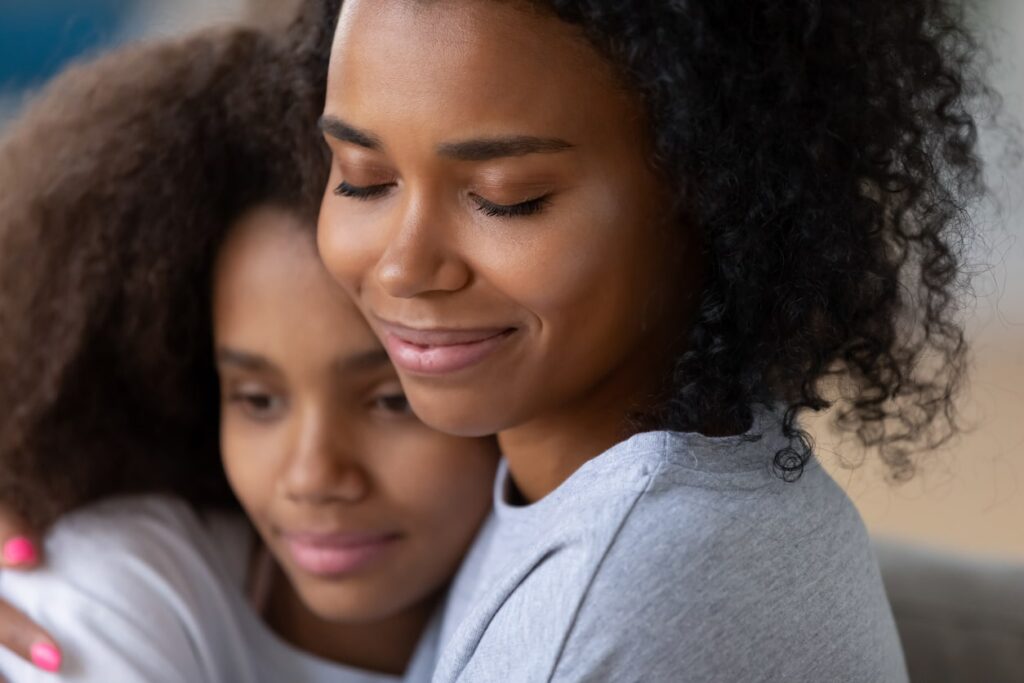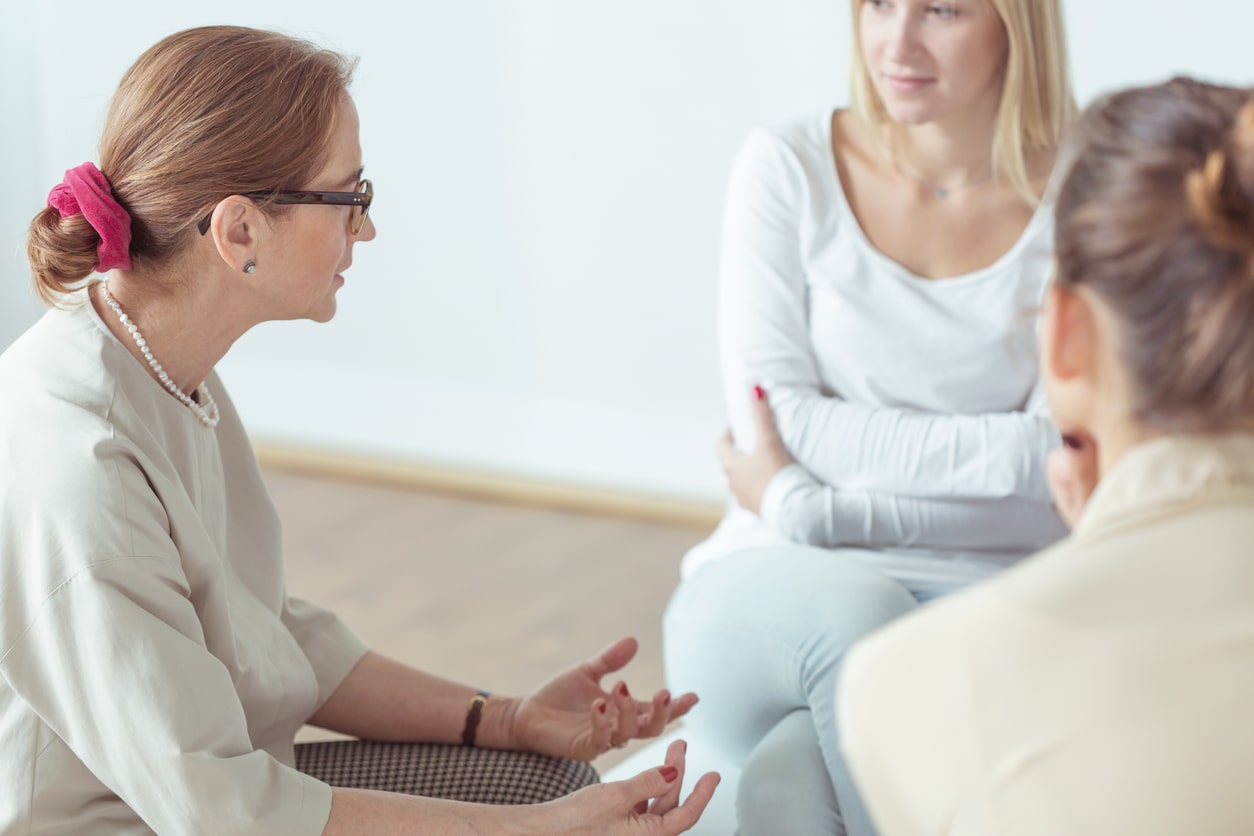Now Reading: Best Family Addiction Support Groups: Finding Help, Hope, and Healing Together
-
01
Best Family Addiction Support Groups: Finding Help, Hope, and Healing Together
Best Family Addiction Support Groups: Finding Help, Hope, and Healing Together

Addiction doesn’t just affect the person using substances—it affects the entire family. When someone you love is struggling with drugs or alcohol, it can feel like you’re living in chaos, filled with fear, confusion, guilt, and emotional exhaustion. The good news is, you’re not alone. There are resources that can help you regain peace, find guidance, and heal. One of the most powerful among them is joining one of the best family addiction support groups.
These support groups offer families a safe space to share experiences, learn healthy coping skills, and connect with others who truly understand what they’re going through. Whether you’re a parent, sibling, spouse, or close friend, these groups can help you take care of your mental and emotional health while supporting your loved one’s recovery.
In this article, we’ll explore the best family addiction support groups, what they offer, and how they can help you and your family find strength and stability.
Why Support Groups Matter for Families
Addiction creates emotional and relational stress. Families often deal with:
- Constant worry or fear
- Financial strain
- Broken trust
- Arguments or emotional distance
- Enabling behaviors or codependency
These challenges can lead to burnout and depression if left unaddressed. According to the Substance Abuse and Mental Health Services Administration (SAMHSA), family involvement is essential in a loved one’s recovery, but families need their own support too 1.
The best family addiction support groups provide tools and emotional relief. They teach you how to set healthy boundaries, understand addiction, and support your loved one without sacrificing your own well-being.
Top 5 Best Family Addiction Support Groups
Below are some of the best family addiction support groups available today, both in-person and online.
1. Al-Anon Family Groups
Who it’s for: Family and friends of individuals with alcohol addiction
Why it works: Al-Anon is one of the most well-established support groups worldwide. It follows the 12-step model and provides emotional support, education, and healing for those affected by someone else’s drinking.
Key benefits:
- Anonymous and confidential
- Worldwide availability (in-person and virtual)
- Emphasizes self-care and detachment with love
Website: https://al-anon.org
2. Nar-Anon Family Groups
Who it’s for: Families of individuals struggling with drug addiction
Why it works: Nar-Anon offers structured support based on the 12-step philosophy. Members gain insight into addiction, develop better communication skills, and find comfort in shared experiences.
Key benefits:
- Peer-led meetings with empathetic support
- Practical strategies for handling tough situations
- Encourages letting go of control
Website: https://www.nar-anon.org
3. SMART Recovery Family & Friends
Who it’s for: Loved ones of individuals dealing with any form of addiction
Why it works: SMART Recovery offers a science-based, non-12-step alternative. It focuses on cognitive-behavioral techniques to help families manage emotions, set healthy boundaries, and avoid enabling behaviors.
Key benefits:
- Research-backed tools and techniques
- Secular and inclusive
- Focuses on empowering families
Website: https://www.smartrecovery.org/family/

4. Families Anonymous (FA)
Who it’s for: Parents, spouses, and other relatives of individuals with drug, alcohol, or behavioral issues
Why it works: FA follows a 12-step program that focuses on supporting the family member regardless of the loved one’s recovery status. It encourages emotional healing, acceptance, and personal growth.
Key benefits:
- Confidential and respectful environment
- Strengthens emotional resilience
- Offers literature and guidelines for healthy detachment
Website: https://www.familiesanonymous.org
5. GRASP (Grief Recovery After a Substance Passing)
Who it’s for: Families grieving the loss of a loved one due to substance use
Why it works: GRASP offers emotional support and healing for those navigating the grief of losing someone to addiction. It focuses on compassionate connection, not judgment or blame.
Key benefits:
- Peer-led, trauma-sensitive approach
- Focused on grief-specific needs
- Community of support for long-term healing
Website: https://grasphelp.org
How These Groups Help Families Heal
1. Reduce Isolation
When dealing with addiction in the family, many people feel ashamed or alone. The best family addiction support groups help you realize you’re not the only one facing these challenges. Shared stories build connection and reduce loneliness.
2. Educate About Addiction
Many groups teach families about the nature of addiction. Understanding that it is a disease—not a choice—helps replace anger and confusion with empathy and knowledge.
3. Teach Healthy Boundaries
Learning when to say no, when to step back, and how to protect your own mental health is vital. Support groups empower you to do this without guilt.
4. Offer Hope
Many members have watched loved ones recover. Others have found peace even when their loved one hasn’t. These stories of growth and survival offer hope that change—whether internal or external—is always possible.
Real-Life Story: Finding Strength Through Support
Laura, 56, struggled to cope with her son’s heroin addiction for years. She tried everything—rehab, paying bills, keeping secrets—but nothing worked.
“I was exhausted and heartbroken. A friend took me to a Nar-Anon meeting. I sat in the back and cried the whole time. But for the first time, I felt seen. I wasn’t alone.”
Today, Laura continues attending meetings and helps newcomers find their footing. “Support groups saved my life,” she says. “They gave me the tools to love my son without losing myself.”
Getting Started: How to Find the Right Group for You
- Try a few different groups. Each has its own style and focus. Find one that fits your needs and comfort level.
- Start with a local meeting. Many local rehab centers or hospitals host family support groups.
- Join an online group. If in-person meetings aren’t available, online forums and video meetings offer real-time connection.
- Commit to a few sessions. Healing takes time. Give yourself a chance to feel the support.
Final Thoughts: You Deserve Support Too
Watching a loved one struggle with addiction is one of the hardest things a person can endure. But you don’t have to walk this road alone. The best family addiction support groups provide guidance, compassion, and strength—tools that can help you take care of yourself and support your loved one more effectively.
Healing starts with connection. And sometimes, the first step is simply sitting in a room (or logging into a call) and hearing someone say, “Me too.”
Sources
- SAMHSA. (2023). The Importance of Family in Substance Use Recovery. [https://www.samhsa.gov] ↩

Hi, I’m Brittany Larsen, a passionate blogger and content creator dedicated to writing meaningful and engaging articles. I specialize in topics like mental health, wellness, and personal development, aiming to inspire and empower my readers through relatable stories and practical advice.























